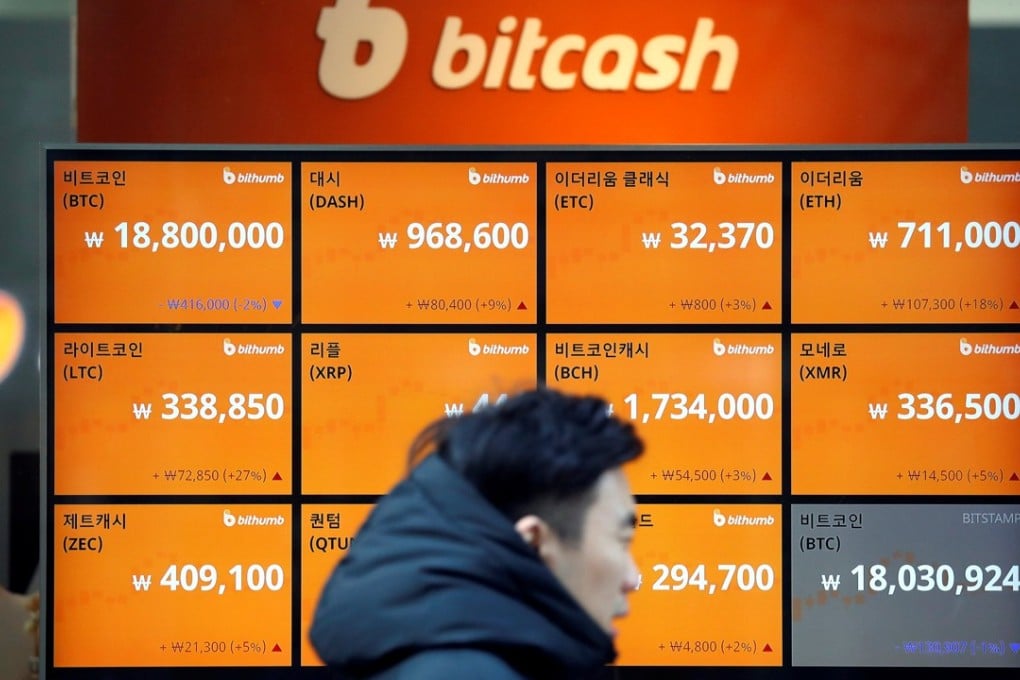The View | Bitcoin’s all the rage with millennials but it’s certainly no passing fad
Cryptocurrency mania has its roots in growing anti-establishment sentiment which, in the current political climate, could turbocharge speculative interest for a considerable period of time

In the financial markets, 2017 will be remembered as the year when volatility collapsed, Europe appeared to have bucked the trend of anti-establishment populism and, in the last two months of the year, the bitcoin craze reached fever pitch.
Since mid-November, it has been all about bitcoin, the largest of the so-called “cryptocurrencies”, virtual currencies that have no physical form and operate on a peer-to-peer basis without a central repository, relying instead on a network of computers to verify transactions.
Last Friday, bitcoin plummeted nearly 30 per cent, its steepest daily decline this year, as part of a dramatic week-long sell-off that saw the digital currency fall almost 28 per cent from its peak of just below US$20,000 reached on December 17.
Other virtual currencies, such as Ethereum, the second-largest by market capitalisation, also dropped sharply, accentuating the highly volatile trading conditions in the cryptocurrency market. Even after Friday’s huge losses, the price of bitcoin has risen by an astronomical 1,350 per cent this year.
The speculative mania surrounding cryptocurrencies – and the decentralised and digitised technology known as blockchain which underpins them – has invited comparisons with earlier asset bubbles, such as the technology bubble which popped in 2000 and, going further back in history, the Dutch tulip bulb bubble in the 1630s.
2017 will be remembered for persistently subdued volatility and the perception among international investors that anti-establishment populism has reached a high watermark
Given the lack of oversight and immaturity of crypto-assets – bitcoin is traded on unregulated exchanges while the anonymous nature of virtual currencies expose the products to fraud and hacking - valuation and regulatory concerns abound.
